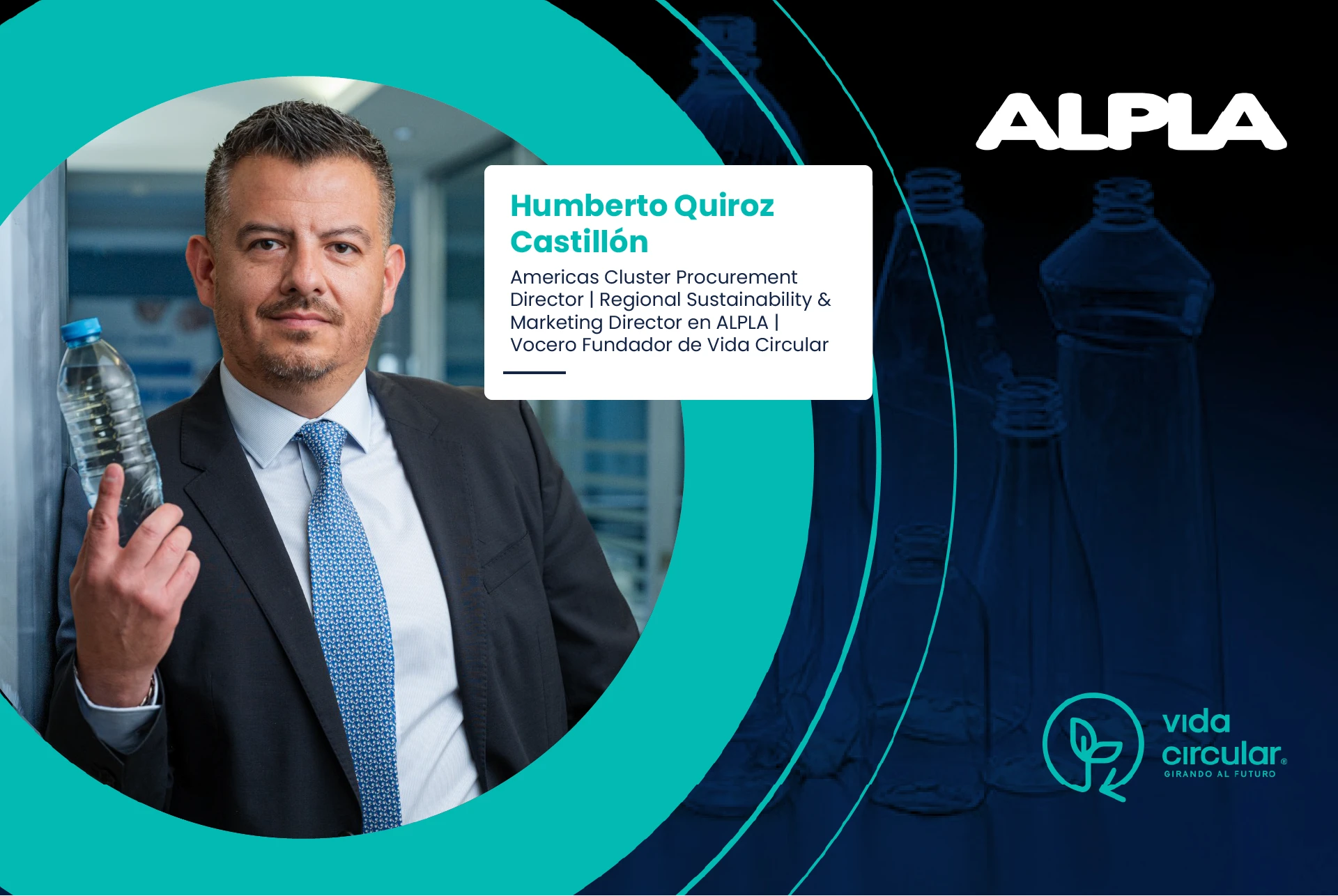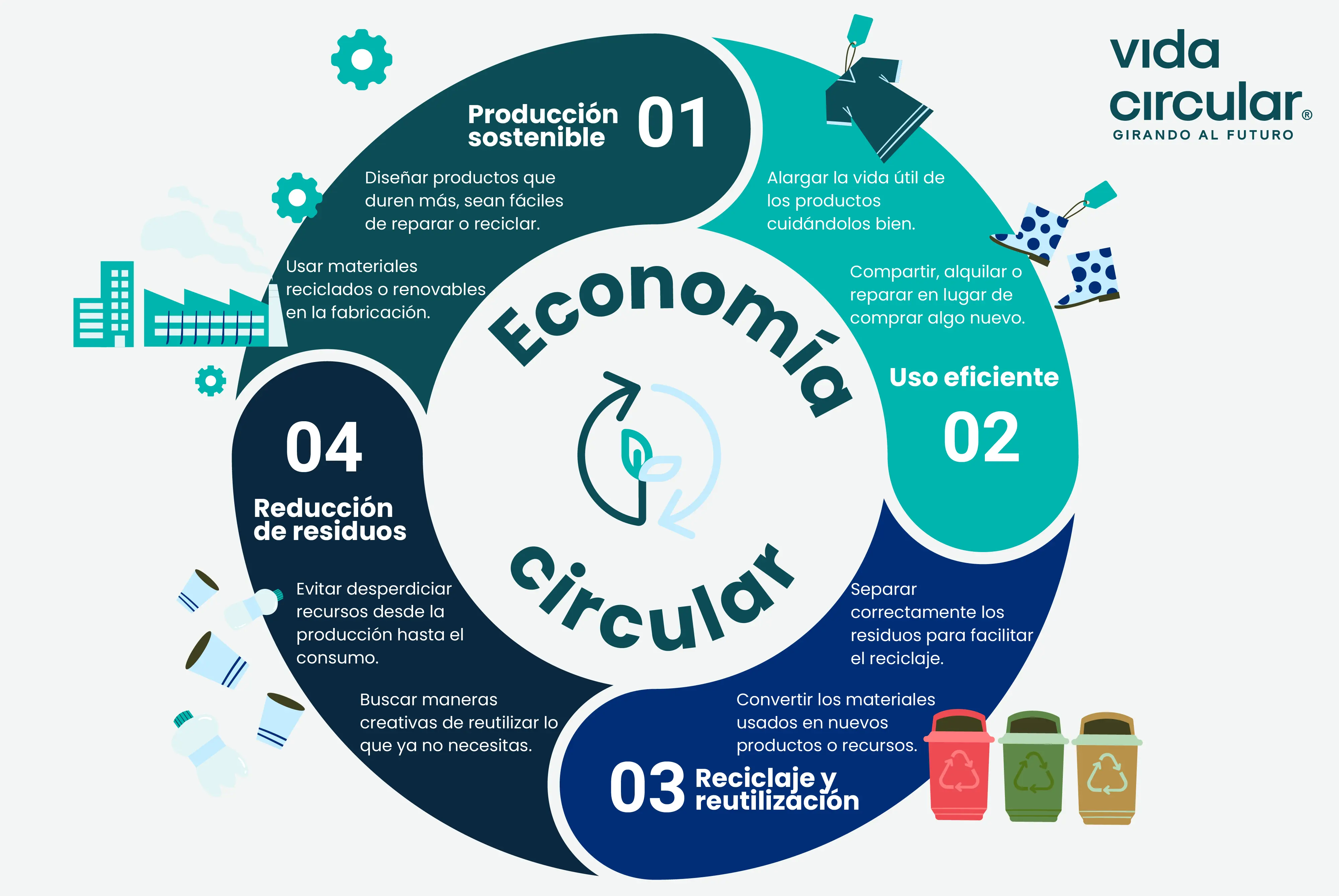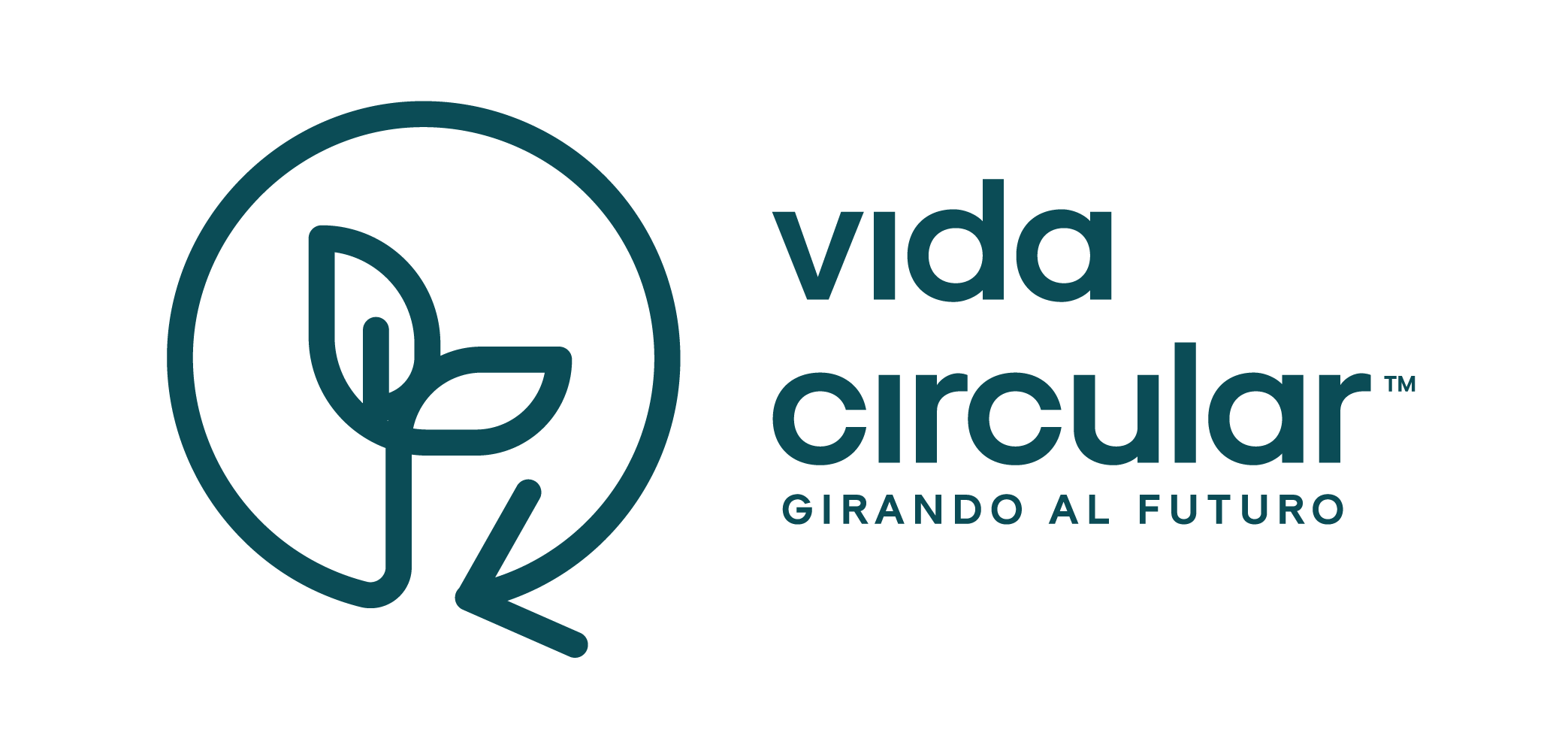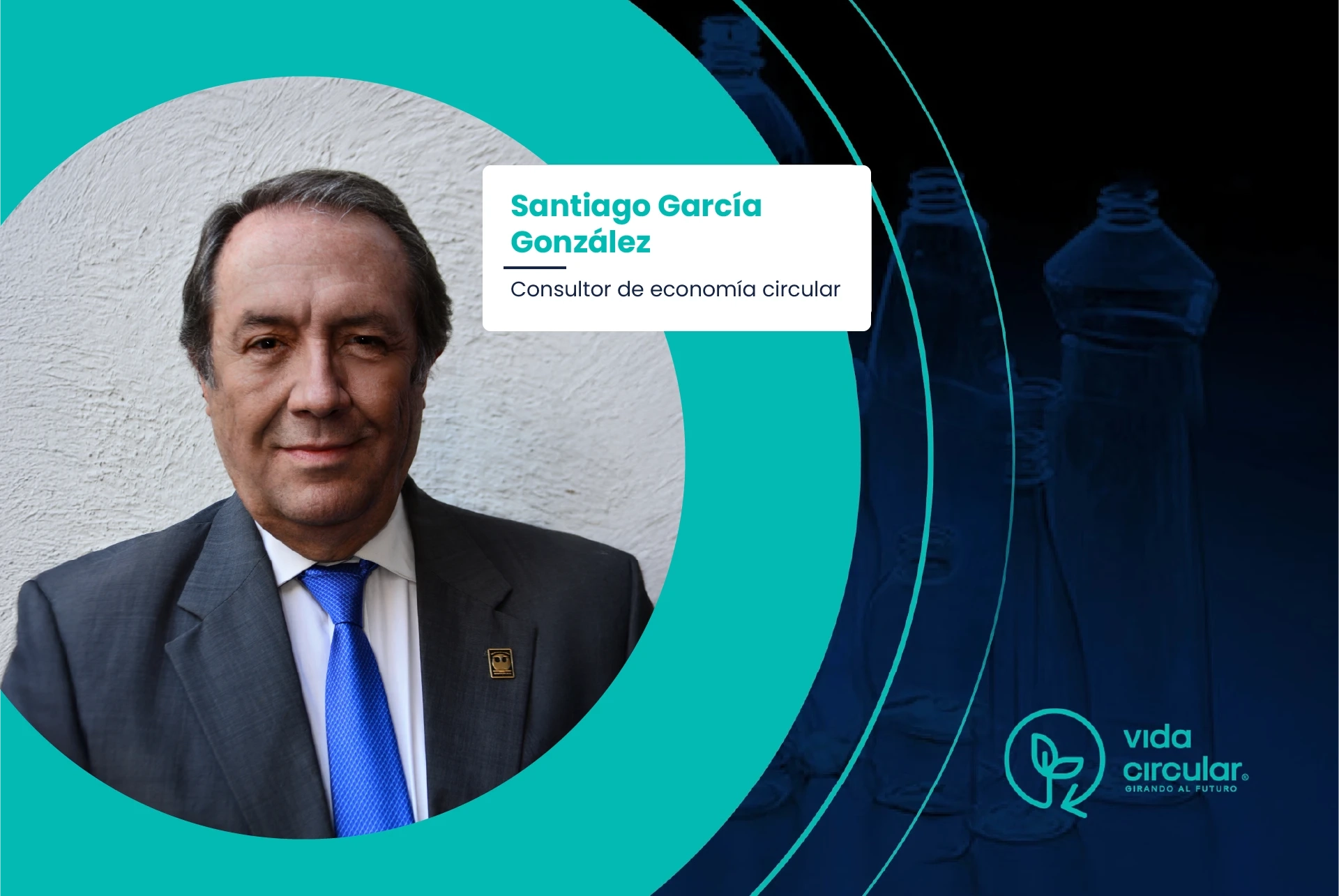
Humberto Quiroz: Valorization of plastic waste as a solution to the environmental crisis
In Mexico, sustainability has become a pressing need. Companies are constantly looking for mitigation alternatives and we have found a solution: the recovery of plastic waste. This emerges as the main strategy to address the environmental crisis we are experiencing.
Around the world, several countries have implemented innovative policies and technologies to manage their plastic waste. This is where the recovery of plastic waste makes a positive contribution to reducing pollution and promoting a circular economy where materials are reused and recycled rather than discarded.
An example of this is Europe, a pioneer in the implementation of policies and regulations that promote the recycling and recovery of plastic waste. The European Union has set very ambitious targets for the reduction of single-use plastics and has implemented extended producer responsibility systems, obliging producers to assume financial and operational responsibility for the waste management of their products.
In Asia, countries such as Japan and China are investing in advanced recycling technologies to better manage their plastic waste. Japan, for example, has developed innovative techniques for chemical recycling that break down plastics into their basic components to create new materials. Ideally, however, plastics should be returned to their original form, as in the case of PET-to-PET recycling, where used bottles are cleaned, crushed, melted and reformed into new bottles, promoting a closed and sustainable cycle.
Circular economy approaches are being adopted in the United States and Canada to reduce reliance on virgin plastics and increase the use of recycled materials. Recycling policies and incentives for industry are promoting innovation and investment in recycling infrastructure. Both countries have stepped up their efforts in recent years, driven by increased public awareness and international pressure to address the plastic pollution crisis. While these efforts are recent, they represent a significant shift towards a more circular economy.
Plastic waste recovery: a strategy to face the environmental crisis
In Mexico, sustainability has become a pressing need. Companies are constantly looking for mitigation alternatives and we have found a solution: the valorization of plastic waste. This emerges as the main strategy to address the environmental crisis we are experiencing.
in recycled food-grade resin used to produce new PET bottles. This process is carried out at IMER, the first food-grade PET recycling plant in Latin America, with a production capacity of 15,000 tons per year. The recycled resin produced here has a carbon footprint of 0.38 kg CO2e per kilogram, an 87% reduction in greenhouse gases compared to virgin material.
In 2021, the first HDPE recycling plant was inaugurated in the State of Mexico with an annual capacity to process up to 40,000 tons of post-consumer bottles and produce 30,000 tons of recycled material. The recycled HDPE resin produced here has a carbon footprint of 0.69 kg CO2e per kilogram, representing a 70% reduction compared to virgin material.
By the end of this year, there will be a second PET recycling plant in Tabasco with the capacity to handle 55,000 tons of post-consumer PET annually. With this third plant, a total of more than 100,000 tons of post-consumer plastics will be processed annually.
These plants not only contribute to the circular economy, but also promote sustainability in the region, creating jobs and reducing environmental impact. We are clear about our commitment to sustainability and the recovery of plastic waste. I am convinced that we, as an industry, must lead the way towards a more sustainable future. However, these efforts cannot succeed without the participation of consumers and the collaboration of other companies and governments.

Education and public awareness
Education and public awareness play a key role in plastic waste management. To achieve effective management, it is crucial that the public understands the importance of recycling and minimizing plastic waste. This can be achieved through education and awareness campaigns at the community level that promote sustainable practices and proper recycling.
For example, educational programs in schools and universities can teach students about the environmental impacts of plastics and proper sorting and recycling techniques. In addition, community workshops and information sessions can help people better understand how to properly separate and recycle plastics in their homes. Consumer collaboration is essential to the success of these initiatives, as their active participation in waste separation and recycling can make a significant difference.
In summary, education and public awareness are fundamental pillars to promote a culture of recycling and responsible plastic waste management in Mexico. These efforts will not only improve waste management, but will also contribute to the creation of a sustainable circular economy and a healthier environment.
Policies and Regulations in Mexico
Mexico has demonstrated its commitment to sustainability and the proper management of plastic waste through the implementation of various policies and regulations. A prominent example is the General Law for the Prevention and Integral Management of Waste (LGPGIR), which establishes specific guidelines for the classification, collection, recycling, and final disposal of urban solid waste. This law aims to reduce the environmental impact of waste and encourage more efficient and sustainable management.
In addition, Mexico has implemented extended producer responsibility (EPR) programs for manufacturers and distributors of plastic products. These programs require companies to finance and actively participate in the management of the waste they generate, including designing more sustainable products, lightweighting packaging and investing in recycling technologies.
At the municipal level, many cities have adopted specific regulations to ban and regulate the use of non-essential plastics. These local regulations complement efforts at the national level and contribute significantly to the reduction of these materials. It is essential to promote and implement management plans for Municipal Solid Waste (MSW) in order to improve its management and minimize its environmental impact.
It is important that all key players join in the various actions and highlight the pride of belonging to a sustainable and circular industry. Uniting and strengthening the recycling industry, working as one team to increase the consumption of recycled resin, can have a great positive impact. Fostering the recycling economy and unifying the industry in support of projects that enhance the value of plastic and improve the profitability of operations is very beneficial. We are a competitive industry, but we know how to join forces to recognize and meet today's challenges.
In conclusion, the recovery of plastic waste is key and a crucial step towards sustainability. Plastic can and must be reused. We cannot allow it to simply be discarded; we need to give it a second useful life to reduce waste generation and the need to use new raw materials, thus building a better world for all.
About the author:
Humberto Quiroz Castillón is Americas Cluster Procurement Director, Regional Sustainability & Marketing Director at ALPLA and Founding Spokesperson for Vida Circular. With solid experience in driving initiatives related to the circular economy, Humberto leads projects that seek to integrate sustainability as a central axis in the industry. His strategic vision and commitment to the transformation of resources into responsible solutions position him as a reference in the field of sustainability in Mexico, Central America and the Caribbean.




